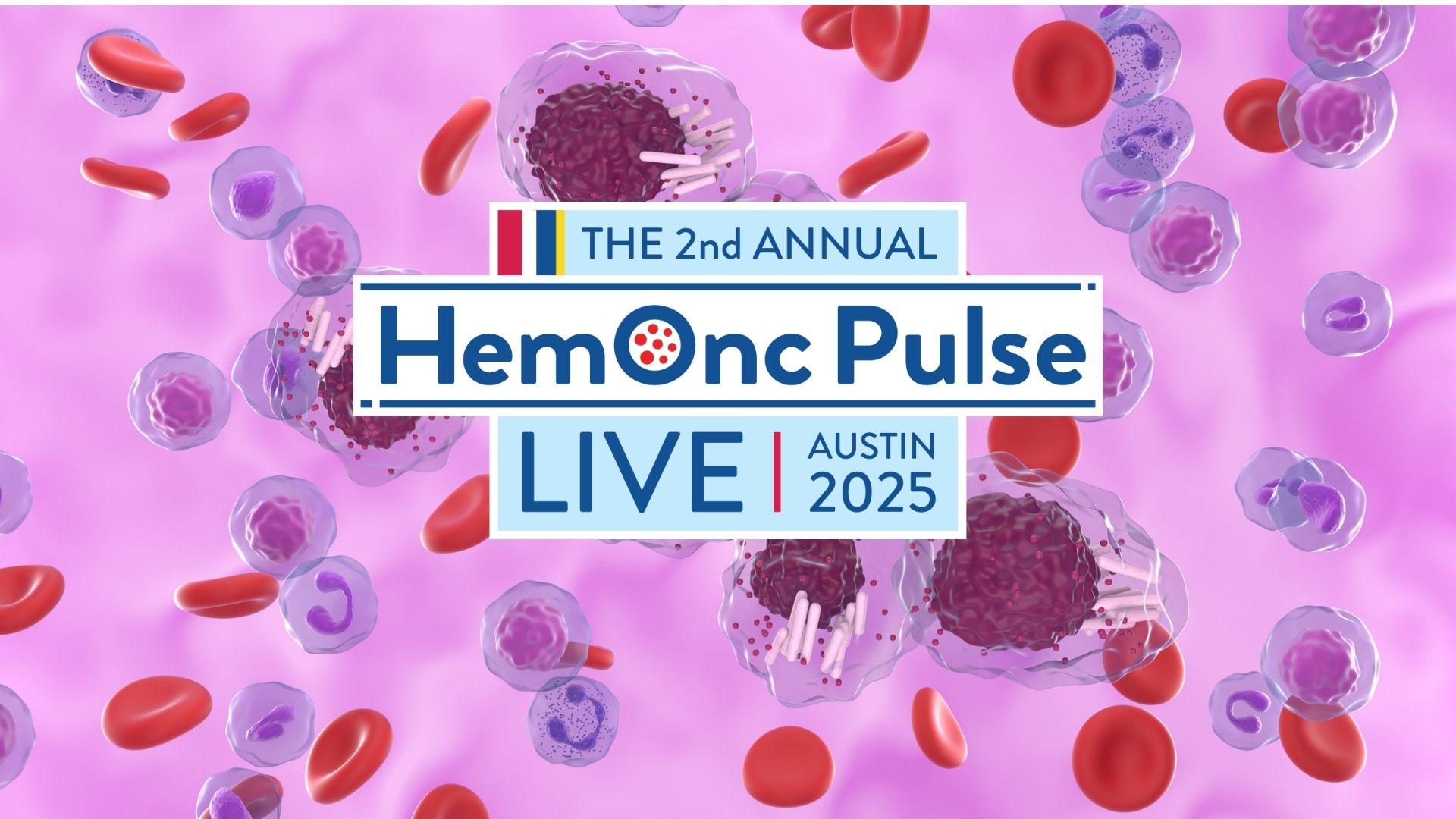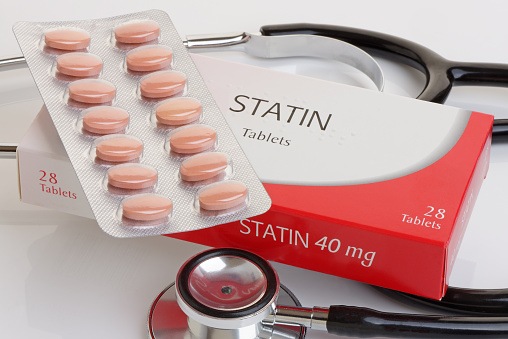
Nemtabrutinib, an oral, reversible inhibitor of Bruton’s tyrosine kinase (BTK) and C481S mutant BTK, induced a response in a majority of patients with relapsed or refractory chronic lymphocytic leukemia (CLL) based on data from the open-label, single-arm phase I MK-1026-001 dose-finding study.
The study’s authors, led by Jennifer Woyach, MD, Hematologist and Assistant Professor at the Ohio State University Comprehensive Cancer Center in Columbus, identified a recommended phase II dose of 65 mg daily. Their findings were presented in Cancer Discovery.
The trial enrolled 48 patients with relapsed or refractory hematologic malignancies including CLL (n=29), B-cell non-Hodgkin lymphoma (NHL; n=17), and Waldenström’s macroglobulinemia (WM; n=1). All patients had received two or more prior lines of therapy.
Participants received nemtabrutinib at doses from 5 mg to 75 mg once a day during 28-day cycles. Researchers conducted dose findings using a 3+3 dose escalation design, and primary endpoints were the recommended phase II dose and safety outcomes.
Regarding safety, 37 (89%) patients experienced grade 3 or higher treatment-emergent adverse events. The most common events were neutropenia in 11 (23.4%) patients, febrile neutropenia in seven (14.9%), and pneumonia in seven (14.9%).
Overall, in this first in-human study of nemtabrutinib, Dr. Woyach and colleagues reported that nemtabrutinib achieved “an overall response rate of 75% was observed in patients with CLL at 65 mg daily.”
Reference
Woyach JA, Stephens DM, Flinn IW, et al. First in human study of the reversible BTK inhibitor nemtabrutinib in patients with relapsed/refractory chronic lymphocytic leukemia and B-cell non-Hodgkin Lymphoma. Cancer Discov. 2023; doi:10.1158/2159-8290.CD-23-0670






 © 2025 Mashup Media, LLC, a Formedics Property. All Rights Reserved.
© 2025 Mashup Media, LLC, a Formedics Property. All Rights Reserved.